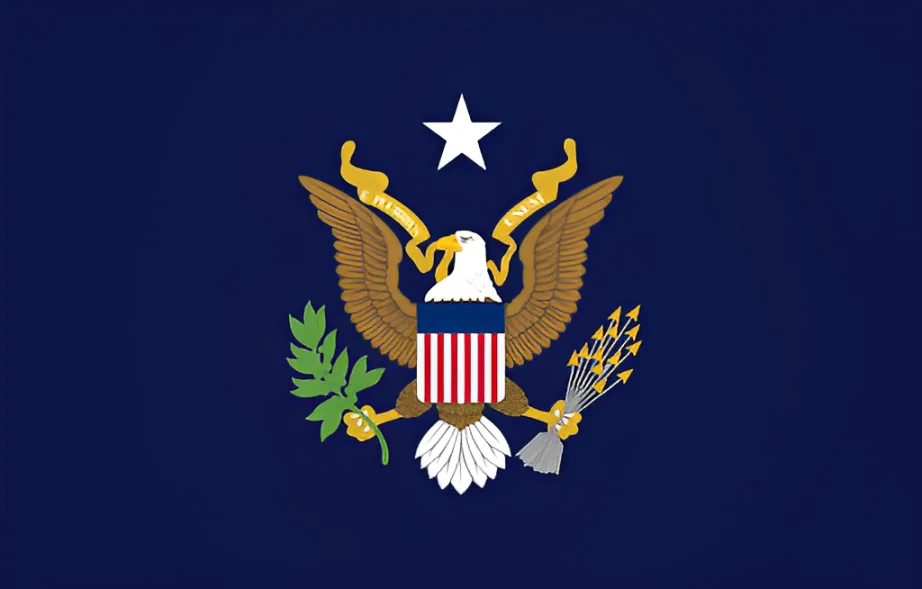
Power, Politics, and Leadership: The American Presidency
mikephilipsforcongress.com – The American Presidency stands as one of the most powerful and influential political offices in the world, embodying the hopes, aspirations, and sometimes the contradictions of the United States itself. At the heart of the American political system, the presidency is a unique blend of power, politics, and leadership that shapes not only the domestic landscape but also the international arena. This article delves into the intricacies of the American presidency, exploring its evolution, the balance of power, the political dynamics at play, and the leadership qualities that define successful presidencies.
Evolution of the Presidency
The framers of the U.S. Constitution, in their wisdom and with a keen eye on the pitfalls of tyranny, crafted a document that established a system of checks and balances, ensuring that no single branch of government could amass too much power. The presidency, as envisioned by the Constitution, was a blend of executive, legislative, and diplomatic roles, designed to be a unifying force within the federal government. Over the centuries, the office has evolved, with each president leaving their mark and expanding or redefining the powers and responsibilities of the office. From George Washington setting precedents for executive power to Franklin D. Roosevelt’s New Deal and Lyndon B. Johnson’s Great Society, the presidency has been a dynamic institution, adapting to the changing needs and challenges of the nation.
Power and the Presidency
The power of the American presidency is multifaceted, encompassing both formal and informal powers. Formal powers, as outlined in the Constitution, include the role as chief executive, commander-in-chief of the armed forces, and the authority to veto legislation. Presidents also have the power to appoint federal judges, ambassadors, and other high-ranking officials, subject to Senate confirmation. Informal powers, however, are perhaps even more significant. These include the “bully pulpit,” a term coined by Theodore Roosevelt, referring to the president’s ability to sway public opinion and set the national agenda. Through the skillful use of media and communication, presidents can influence legislation, public policy, and even the direction of the country’s political discourse.
Politics and the Presidency
Politics is the lifeblood of the American presidency. The road to the White House is paved with political battles, from the primaries and caucuses to the general election. Once in office, presidents must navigate the complex political landscape, working with Congress to pass legislation, engaging with the judiciary, and managing relationships with state and local governments. The political acumen of a president can significantly impact their ability to achieve their policy goals and leave a lasting legacy. Successful presidencies often hinge on the president’s ability to build coalitions, negotiate effectively, and adapt to the shifting political winds.
Leadership in the Presidency
Leadership is perhaps the most critical aspect of the American presidency. The president is not only the head of state and government but also the leader of the American people. Leadership in the presidency requires a blend of vision, decisiveness, empathy, and resilience. Presidents must inspire the nation, especially in times of crisis, and lead by example, embodying the values and principles that the country stands for. Effective leadership also involves making tough decisions, sometimes unpopular ones, for the greater good. History has shown that the most revered presidents are those who have demonstrated exceptional leadership, guiding the nation through its darkest hours and seizing opportunities for progress and prosperity.
Conclusion
The American presidency is a complex institution, embodying the power, politics, and leadership that are central to the functioning of the United States. It is a position that demands not only political savvy and strategic thinking but also the moral and ethical fortitude to lead a diverse and dynamic nation. As the world continues to change, the presidency will undoubtedly evolve, but its core role as a beacon of leadership and a symbol of American democracy will remain steadfast. The legacy of the presidency is written by those who have held the office, each leaving their imprint on the fabric of American history.


